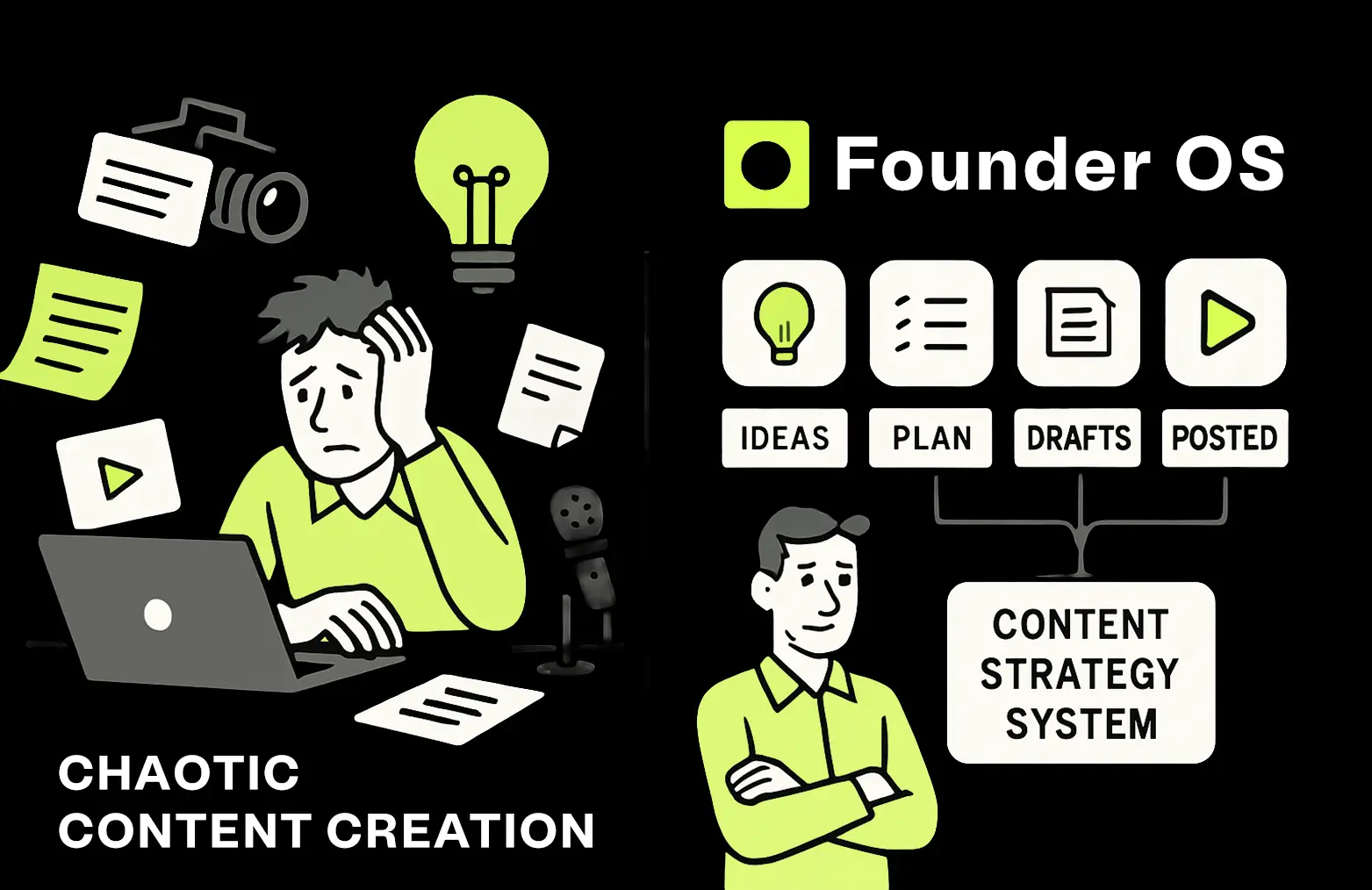1. The Power of Compounding
Compounding is what happens when every dollar you make today earns you more dollars tomorrow, and every day after.
That puts you on an exponential growth curve.
[VISUAL: Exponential curve]
Natural-born entrepreneurs have a knack for understanding this.
Let’s say you’re that kid in school who uses his $10 dinner money to buy sweets, sell them to the other kids, and end up with $20.
Do you spend that $20 on a new toy?
Or do you buy MORE sweets the next day, and sell them again to make a profit of $40? And again the next day for $80?
If you carried on reinvesting your money into sweets you’d double your profit each day until you either:
- Run out of new customers
- Struggle to carry enough sweets to school
- Get shut down by the school
You can understand so much about how businesses try to growth
- Maxing out your own time? Hire more staff (pay other kids to sell sweets for you)
- Running out of customers? Expand to a new market (sell in other schools)
- Want to benefit from economies of scale? Negotiate new deals once you’re big enough (buy sweets for 10c each from a cheap wholesaler, instead of from the corner shop)
Better than making $10 a day doing the paper round, right?
Building a business is the fastest way to take a ride on that exponential curve, but it’s not intuitive to think in terms of exponential growth.
99% of people have a linear mental model of wealth accumulation that’s based on stockpiling money they get from their employer.
Go out, get money, bring it back to the nest.
Then go get some more.
Grow the same amount this year as you did LAST year, maybe do a little bit better.
[VISUAL: Linear growth line, on the same graph as the exponential curve.]
That’s linear growth.
You can work your way to becoming a millionaire that way, with a decent corporate job. But it’ll take you years and years of nine-to-five works.
Instead, you want to focus on areas in life where you benefit from compounding effects. A
Here’s the model I’d recommend to most people:
- Make a product or service that people want
- Make money from it as soon as you can
- Build a system that lets you expand your product or service to a LOT more people
- Use the money and experience you’ve gained to do more of that thing at a bigger scale. Reinvest the money in manufacturing, expanding to new markets, hiring more staff, R&D, marketing to reach more customers, etc.
- Rinse and repeat.
This is your vehicle for business success.
But you can’t do all of this unless you implement the next point: “Make Time for Deep Work”.




.webp)


